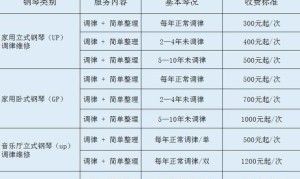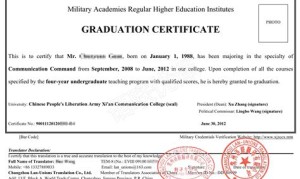Title: The Differences in Family Education between China and the United States
Introduction:
Family education plays a crucial role in shaping the values, behaviors, and academic success of children. However, family education practices can vary significantly between different cultures. In this article, we will explore the differences in family education between China and the United States, focusing on key aspects such as parenting styles, emphasis on academic achievement, and the role of extracurricular activities.
1. Parenting Styles:
Chinese parenting tends to be more authoritarian, with parents setting strict rules and high expectations for their children. The emphasis is on discipline and obedience. In contrast, American parenting styles are more democratic, allowing children greater freedom to express themselves and make decisions. American parents tend to be more nurturing and emphasize positive reinforcement rather than strict discipline.
2. Academic Achievement:
Chinese culture places a significant emphasis on academic success, and parents in China often place a high level of pressure on their children to excel academically. Chinese students often spend long hours studying and attending extracurricular classes or tutoring sessions after school. In the United States, while academic achievement is also valued, there tends to be a more balanced approach. American parents often encourage their children to explore a variety of interests and develop wellrounded skills, rather than solely focusing on academics.
3. Role of Extracurricular Activities:
Extracurricular activities play a different role in family education in China and the United States. In China, extracurricular activities are often seen as a means to enhance academic performance and increase the chances of college admission. Many Chinese students participate in activities such as piano lessons, sports, or art classes to boost their resumes. In the United States, extracurricular activities are valued for their own sake, as they contribute to personal growth, character development, and the exploration of individual passions and talents.
4. Independence and Individuality:
Chinese family education often emphasizes collectivism, with the emphasis on maintaining family harmony and putting the needs of the group above individual desires. Children are expected to respect their elders and follow societal norms. On the other hand, American family education promotes individualism and independence, allowing children to express their individuality and make independent decisions. American parents encourage their children to pursue their own goals and dreams, even if they diverge from societal expectations.

Conclusion:
Understanding the differences in family education between China and the United States is essential for parents, educators, and policymakers. While both approaches have their strengths and weaknesses, it is important to recognize the cultural context and individual needs when considering the best practices in family education. A balanced approach that combines the strengths of both cultures can help children develop a strong sense of self, academic excellence, and socialemotional wellbeing.






 京公网安备11000000000001号
京公网安备11000000000001号 京ICP备11000001号
京ICP备11000001号